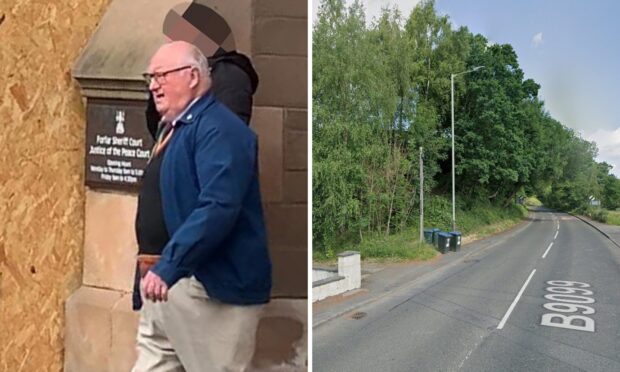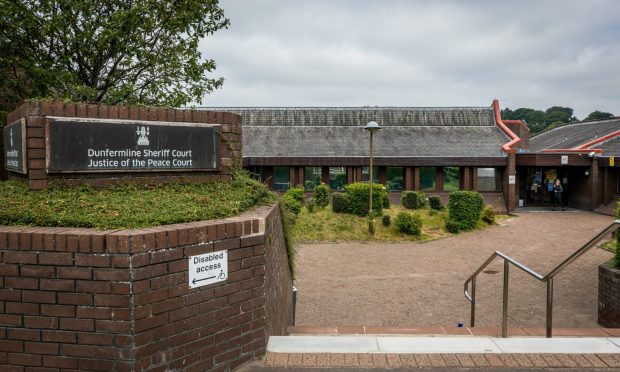Dundee has the highest number of criminals requiring a social work report in the whole of Scotland, according to new statistics.
A new report from the Scottish Government has found 1,435 criminal justice social work reports were submitted in Dundee in 2019/20, which is approximately 133.4 reports per 10,000 people.
This is the highest proportion in the whole of Scotland and higher than the national average of 73.7 reports per 10,000 people.
What is a criminal justice social work report?
A criminal justice social work report will be requested by the a court if someone has been convicted of an offence, to provide background information on the offender to help them make a decision on sentencing.
These reports are needed if a community payback order is to be imposed, if the person is under the age of 21, if the offender is going to be given a prison sentence for the first time, or if the offender is already under a social work provision.
They can include information on the person’s background, their physical and mental health, their alcohol and drug use, their history of offending, their attitude towards their current offence and an assessment of their reoffending risk.
It can also give an indication of what the best option for sentencing is.
A spokeswoman for the judicial office said: “When deciding the most appropriate sentence in a particular case, a sheriff will always carefully consider the facts that are presented to the court by the defence and by the prosecution.
“A sheriff will carefully consider the circumstances of the particular offence, the circumstances of the offender, and any impact on a victim.
“Sheriffs must also have regard to the Scottish Sentencing Council guidelines on the principles and purposes of sentencing.”
The reports are compiled by the criminal justice social work departments, which are part of the local authority.
These departments provide assessments and reports to assist with sentencing decisions, assist those attending court, provide bail information, provide prison-based social work services, and supervise social work orders, those performing unpaid work, and those recently released from prison.
A spokesman for Dundee City Council said: “The community justice service prepares criminal justice social work reports and supervises community payback orders and other community sentences at the request of the courts.
“Each case is different and brings with it its own complexities which the service balances in the most professional way to address the causes of offending and reduce reoffending.”
Only one drug treatment order issued in Dundee
In 2019/20 there were 534 community payback orders imposed by the courts in Dundee.
However, only one drug treatment and testing order was issued during this time.
This is the third lowest in the whole of mainland Scotland.
A drug treatment and testing order is handed down to offenders with a dependency on drugs, and will see the offender placed on a specialist treatment programme in a bid to challenge their criminal behaviour.
That person will then have their treatment regularly reviewed by the courts.
A spokesman for the Scottish Sentencing Council said: “A criminal justice social work report is required prior to sentencing if the court is considering sending someone to prison for the first time, or if the court is thinking about imposing a community sentence.
“The report provides useful advice to the court to help it make a decision on which sentence to impose.
“It will give background information about the person such as any offences they have committed before, their risk of reoffending, a willingness to change their offending behaviour, and their health and their living situation.
“While a drug treatment and testing order is one of the options open to the court, the sheriff will take into account all the available information and all of the circumstances of the case, including consideration of any relevant sentencing guidelines, before selecting the most appropriate sentence.”











